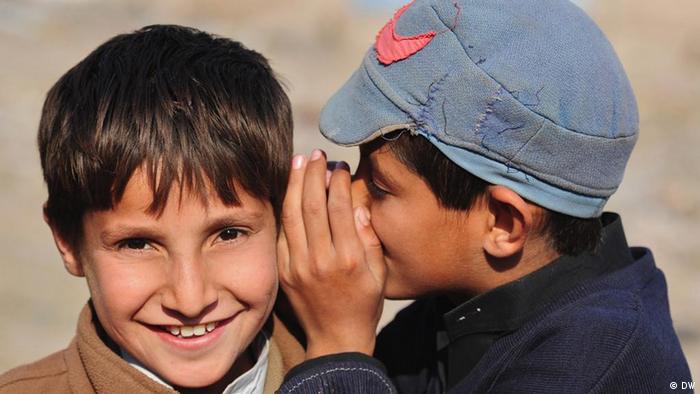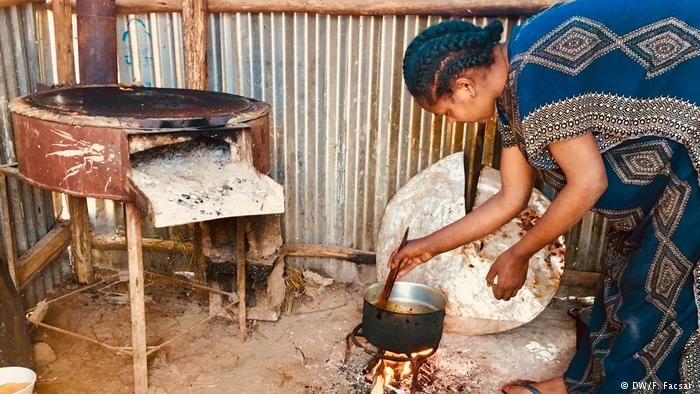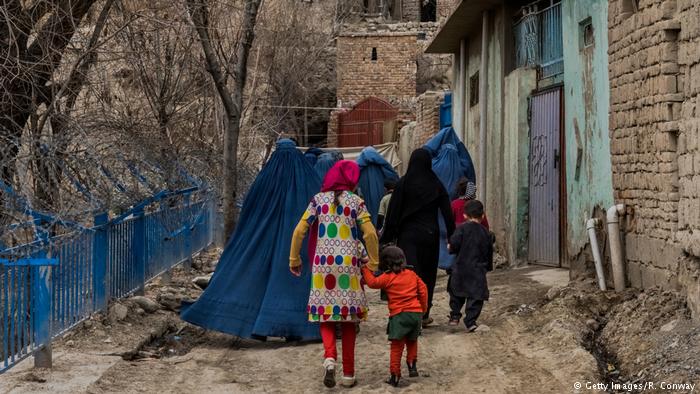Beating around the bush

It wasn’t the fear of spending the day with strangers, nor had waking up early in the morning ever irked me. No, it was not the unwillingness to learn, to answer questions and the fear of the imaginary “dungeon full of snakes” my teacher threatened to send me if I wouldn’t do my homework. It was corporal punishment that terrified me the most, especially since I’d experienced it myself.I was in the fifth grade and nearly nine years old. I remember our language teacher. She was tall, dark and had a masculine voice. She had been away for some time one day and we were left on our own. So we ran around the class, shouting and throwing things at each other. After all we were just kids.
When she returned, we swiftly got back at our seats, without being individually caught for our mischief. She asked the “rowdy ones” to voluntarily stand up and accept their mistake. When five of us, including me stood up, she lined us and smacked us three times each on our tiny palms with a cane stick. We were “not allowed” to cry. One tear meant another smack. That day, we promised ourselves never to tell the truth again or admit our mistakes, especially at school.
As for me, that incident left me emotionally shattered for a few weeks that followed. I did not visit school for a week. I would start shivering from its very name. I was too embarrassed to face my class-mates and didn’t tell my parents the reason, since I feared the teacher might beat me again for reporting it home.
Last week, I read a local news report that an 11 year old was beaten by a teacher so hard that his arm broke. All he had asked the teacher was to go over the lesson again. That day I had a nightmare about my language teacher.
While corporal punishment in Pakistan has almost vanished from private schools where American or European methods of schooling are followed, some private schools in the rural areas still follow old methods.
Lately, its repercussions on some students, some as young as nine years, have been dreadful to the extent that they attempted suicide. Teachers who see this as the only conceivable solution to “train disruptive students” or “teach them a lesson for failing exams” need rigorous psychological counselling, as does the school of thought that considers corporal punishment vital for better upbringing.
The provincial government in the province I live in started a campaign last year directing schools to close for summer vacations from June through August due to the fatally high temperatures in the region. Schools that violated the orders were sealed there and then for “making children work in scorching heat”.
I have a sincere suggestion for the very minds behind this campaign: Go seal some schools where children are beaten and injured and humiliated. The 50 degree Celsius heat would affect them less than the smacking that bruises their petite bodies and innocent souls for the rest of their lives. A temporary mark on my palm more than 15 years ago left a permanent one on my mind. We cannot turn back time, but we can certainly stop more brains from being “marked” that way.
Ayesha Hasan
The author is a journalist working with a prominent Pakistani newspaper. She writes on social issues and women’s programmes.






